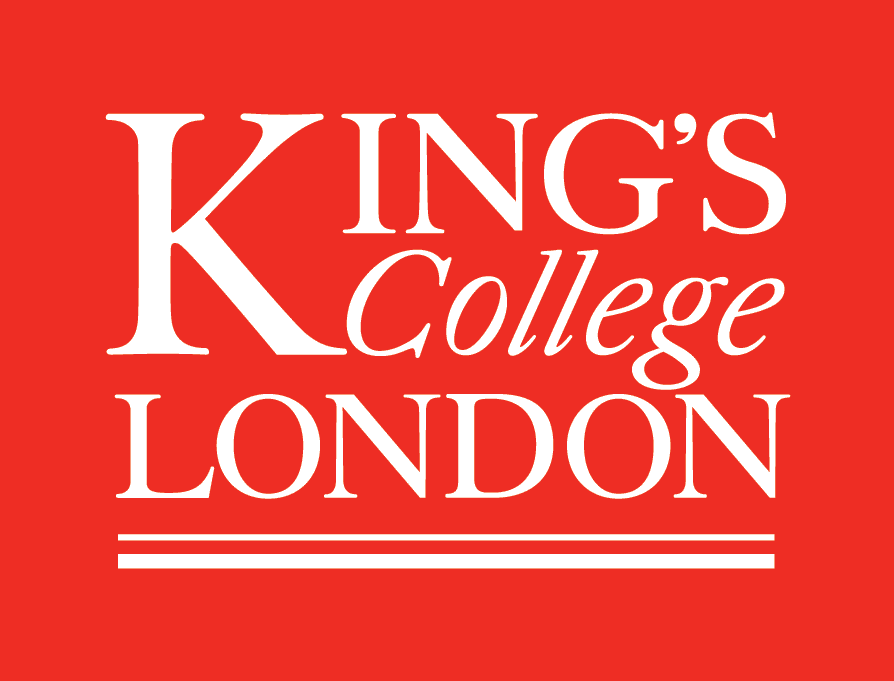Upcoming Seminars
| Speaker | Alexander Skopalik (University of Twente) |
|---|---|
| Topic | On Two-Stage Facility Location Games |
| Date, Time | 29.04.2024, 12:00 - 13:00 |
| Location | BH (NE) 1.04 |
In this talk, we discuss several variants of two stage facility location games with two type of strategic agents, facilities and clients. In the first stage, each facility agents chooses a location on which to offer services. In the second stage, client agents choose which facility to patronise while their utilities not only depends on the facilities location but on the choice of other clients as well, e.g. due to congestion effects.
We study questions such as the existence, uniqueness, computational complexity, and efficiency of equilibria in these games. We give an overview and compare three natural models from three recent works, which differ in the behaviour of the client agents.
This is based on joint work with Simon Krogmann, Louise Molitor, Pascal Lenzner, Marc Uetz, and Marnix Vos (IJCAI 2021, AAAI 2023, IJCAI 2024)
| Speaker | Stefano Albrecht (Autonomous Agents Research Group - University of Edinburgh) |
|---|---|
| Topic | From Deep Reinforcement Learning to LLM-based Agents: Perspectives on Current Research |
| Date, Time | 30.04.2024, 11:00 - 12:00 |
| Location | Bush House (SE) 1.01 |
Since the recent successes of large language models (LLMs), we are beginning to see a shift of attention from deep reinforcement learning to LLM-based agents. While deep RL policies are typically learned from scratch to maximise some defined return objective, LLM-agents use an existing LLM at their core and focus on clever prompt engineering and downstream specialisation of the LLM via supervised and reinforcement learning techniques. In this talk, I will first provide a broad overview of my group’s research in deep RL, which focuses among other topics on developing sample-efficient and robust RL algorithms for both single- and multi-agent control tasks, including industry applications in autonomous driving and multi-robot warehouses. I will then present our recent research into LLM-agents, where we propose an approach for household robotics that takes into account user preferences to achieve more robust and effective planning. I will conclude with some personal observations about the state of LLM-agent research: (a) many papers in this field follow essentially the same recipe by focussing on prompt engineering and downstream specialisation; (b) this recipe makes their scientific claims brittle as they depend crucially on the specific LMM engine, and (c) LLMs are not natively designed to maximise objectives for optimal control and decision making. Based on these observations, I believe some fruitful research avenues can be identified.
You can also view past seminars .
